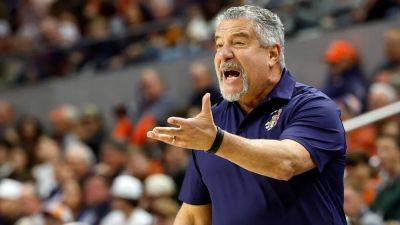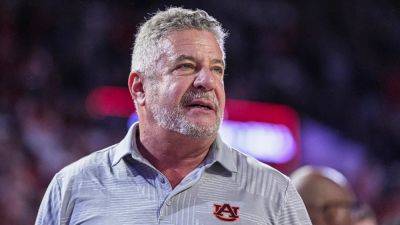What the Trump travel ban means for the 2026 World Cup and 2028 Olympic Games
GENEVA: US President Donald Trump often says the 2026 World Cup and 2028 Los Angeles Olympics are among the events he is most excited about in his second term.
Yet there is significant uncertainty regarding visa policies for foreign visitors planning trips to the US for the two biggest events in sports.
Trump’s latest travel ban on citizens from 12 countries added new questions about the impact on the World Cup and the Summer Olympics, which depend on hosts opening their doors to the world.
Here’s a look at the potential effects of the travel ban on those events.
What is the travel ban policy?
When Sunday ticks over to Monday, citizens of 12 countries should be banned from entering the US
They are Afghanistan, Myanmar, Chad, the Republic of Congo, Equatorial Guinea, Eritrea, Haiti, Iran, Libya, Somalia, Sudan and Yemen.
Tighter restrictions will apply to visitors from seven more: Burundi, Cuba, Laos, Sierra Leone, Togo, Turkmenistan and Venezuela.
Trump said some countries had “deficient” screening and vetting processes or have historically refused to take back their own citizens.
How does it affect the World Cup and Olympics?
Iran, a soccer power in Asia, is the only targeted country to qualify so far for the World Cup being co-hosted by the US, Canada and Mexico in one year’s time.
Cuba, Haiti and Sudan are in contention. Sierra Leone might stay involved through multiple playoff games. Burundi, Equatorial Guinea and Libya have very outside shots.
But all should be able to send teams to the World Cup if they qualify because the new policy makes exceptions for “any athlete or member of an athletic team, including coaches, persons performing a necessary support role, and immediate relatives, traveling for the








